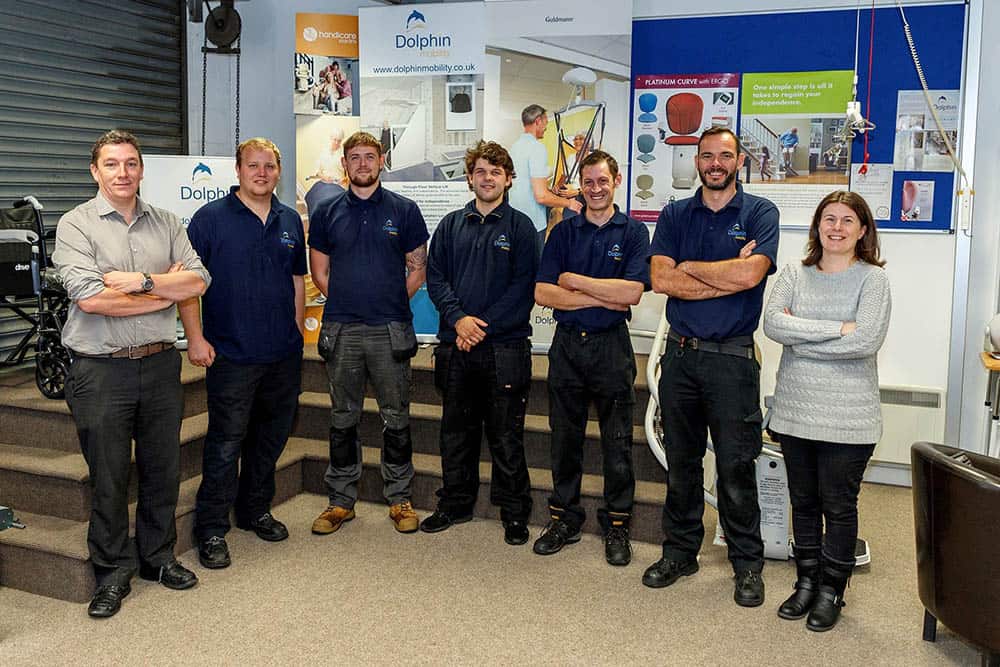Comment: Will 2020 see a return of the roaring 20s in the mobility & independent living industry?

Remembered as the period that ushered in the modern age, the 1920s saw the creation of numerous inventions that vastly improved the quality of people’s lives in the wake of the First World War.
From the creation of the first headrests in 1921 by Benjamin Katz to the discovery of penicillin by Sir Alexander Fleming in 1928, the decade was awash with innovations that would lead to the UK’s population of people living over the age of 70 growing from 2.2 million in 1920 to 8.8 million today.
The vast improvements in healthcare and living standards have created its own challenges today however, with last month Prime Minister Boris Johnson promising to address the issue of “dignity and security” in old age and to start by the end of March 2020 – within the first 100 days of his government.
As the need to provide robust national social care grows to the point of crisis, the Prime Minister’s pledged “fantastic plan” to tackle the social care crisis will seek to involve cross-party consultation and input from healthcare and social care providers too.
Discussing the prioritisation of social care by the Government and the decision to consult with providers of care to create a solution, Dolphin Mobility Yorkshire and Cumbria’s Gareth Watkinson shares his thoughts on what it could mean for the sector.
By Gareth Watkinson, Managing Director of Dolphin Mobility Yorkshire and Cumbria
“As someone who sees first-hand the problem a lack of investment in social care has on the ability to deliver more quickly the care so desperately needed by many elderly and disabled people, this is good news. Particularly as today there has never been such a wide and varied range of equipment, therapies and services available to assist and benefit elderly and disabled people receive a better quality of life.
“This is a cause for celebration and society should applaud its ability to prolong life and improve living conditions for the disabled. Nevertheless, it would be short-sighted not to recognise the cost to keep it so. In addressing the long-term investment required to providing this, one must consider product function, purchasing strategies, equipment and supplier evaluations:
“Here at Dolphin, we always look to ensure the right product for the user’s personal circumstances and budgets is the primary focus because if done properly will ensure the best value for money for all concerned.
“Dolphin Mobility pride ourselves in making sure we specify the most appropriate products to suit our customer’s needs, not ours and always ensure we charge realistic prices to meet our customers’ various requirements and budgets
“The old saying ‘if it’s too good to be true, it probably is’ is as fitting an adage for today as it’s always been.
“I think this decade, just like the one a hundred years ago, is going to see some incredible new products and therapies aimed at helping elderly and disabled people enjoy a more comfortable and pleasurable life and here at Dolphin we are eagerly awaiting the emergence of the next roaring 20s.”



